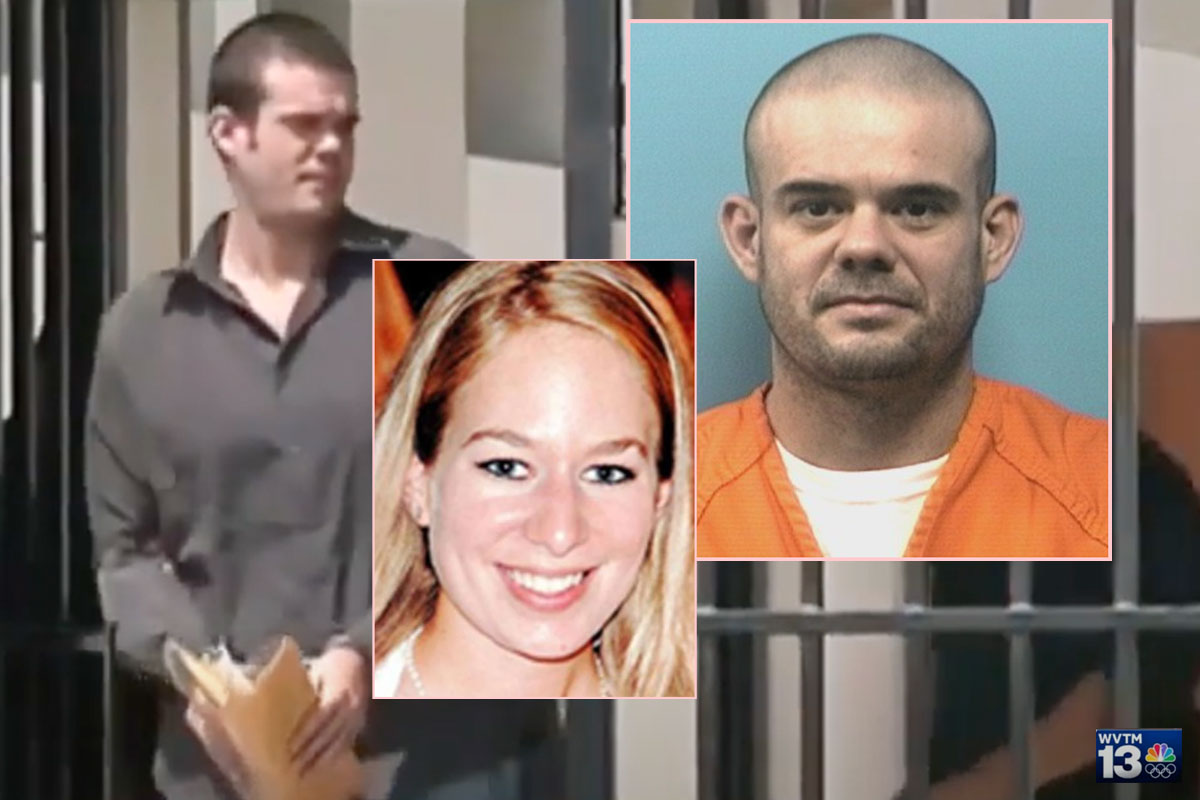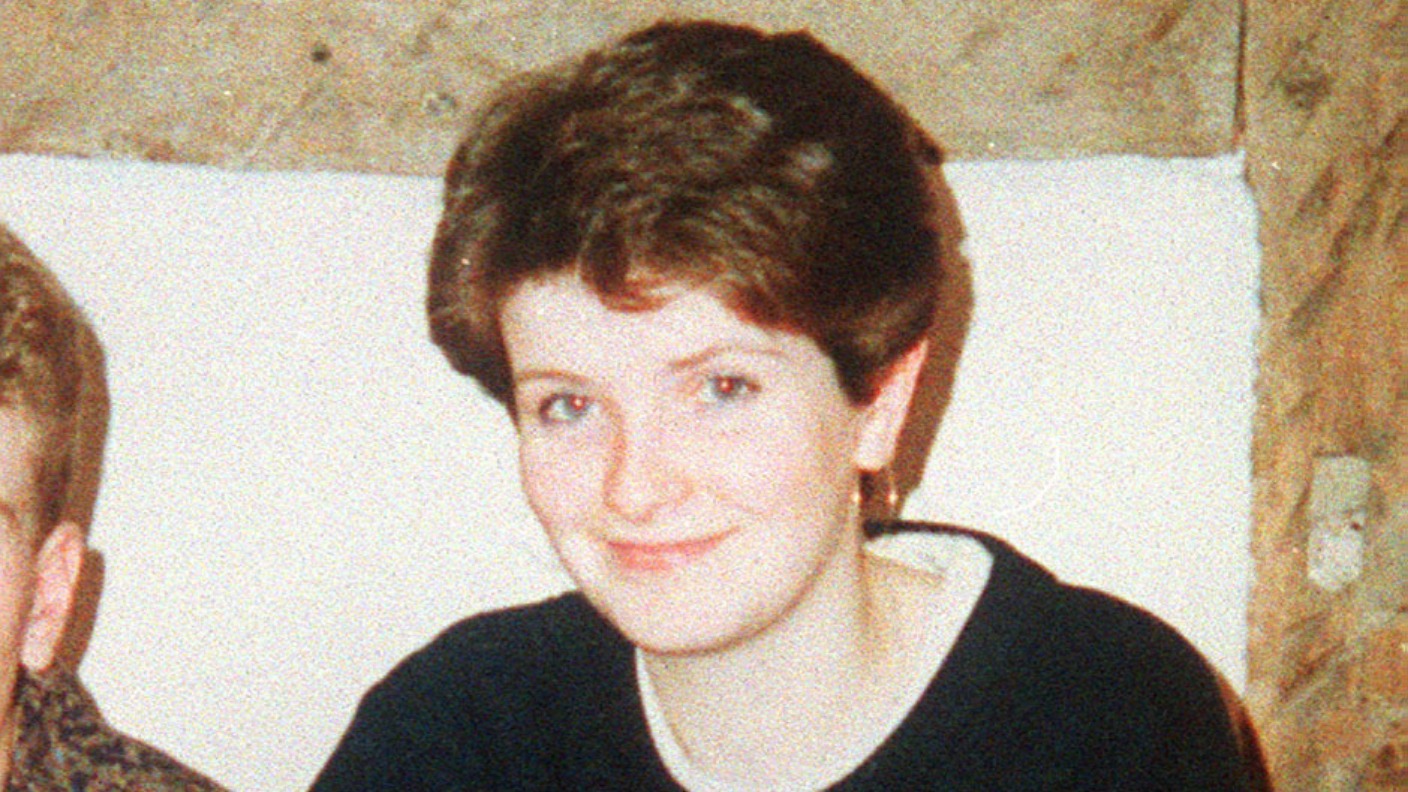Can a single handwritten note from behind bars truly unravel the threads of a long-unsolved crime and expose the chilling depths of the human psyche? The answer, in many cases, appears to be a resounding yes, as these confessions often carry the weight of truth, forcing a reckoning with the past and a confrontation with the darkest corners of our society.
The recent surge in cases where killers confess via jail notes has captured global attention, sparking a mix of emotions from morbid fascination to a renewed quest for justice. These notes, often scrawled in haste and brimming with raw emotion, act as a stark reminder of the crimes committed and the lives irrevocably altered.
Consider the unsettling narrative of Mary Elizabeth Wilson, the U.K.'s "Merry Widow of Windy Nook." Between 1955 and 1957, Wilson, a woman who seemingly could not keep a husband, and ended up with four dead husbands. While the details of her story are as mysterious as they are compelling, it stands as a grim example of how easily life can be snuffed out, and how easily secrets can be concealed.
The disappearance of Jorden Nebling, missing since 2020, and the alleged confession of Tyler Wilkins, already in prison for another murder, exemplifies the complex entanglement of criminal webs. This is another instance where these messages can become a catalyst for closure, bringing the dead a measure of dignity while hopefully offering solace to grieving families.
The tragic case in North Carolina also adds to the puzzle of unanswered questions, offering the legal system and society more opportunities to ponder the intricacies of life and death.
These revelations, often surfacing years or even decades after the initial crime, can have a profound impact on the legal system. They can reopen cold cases, lead to new investigations, and force courts to re-evaluate existing evidence. In this climate, it is no surprise that many are looking for answers from beyond the confines of the law.
Consider the case of Andrea Pia Yates, born on July 2, 1964, in Houston, Texas, who confessed to drowning her five children in their bathtub on June 20, 2001. This confession, a product of a deeply disturbed mind, sparked worldwide controversy about mental health, postpartum depression, and the criminal justice system.
Then there are the words of Harris, who, four weeks after Hendricks was found dead, confessed to taking a life. "Guns don't kill people, people do," he wrote, attempting a justification that failed to make sense in the scope of a human life lost.
The confession, a product of a deeply disturbed mind, sparked worldwide controversy about mental health, postpartum depression, and the criminal justice system. The act itself, as heinous as it was, highlighted the flaws in our society, the need for more support for the mentally ill, and the enduring power of forgiveness. The case continues to be studied by legal scholars, psychiatrists, and theologians, as they attempt to understand the complexities of the human mind and heart.
The narrative surrounding a woman's killer, confessing through a jail note, demonstrates the gravity of a single, handwritten statement. The confession often serves as a stark reminder of the crimes committed and the lives tragically altered.
Consider the case that began with a tragic crime that shook a community. The victim, a young woman, was found dead under mysterious circumstances, sparking an extensive investigation.
In contrast, consider the account provided by Ashley Cunningham, the Temple detective, which echoes the haunting disappearances detailed in "Snapped: Killer Couples," airing on Oxygen. Cunningham's words, like the chilling fact that no messages were left, bring to light the deliberate actions in a world that is forever affected.
The case of the woman's killer confessing in a jail note has captured the attention of both the media and the public. To truly grasp the gravity of this confession, we need to delve into the background of the crime and the events leading up to it. When a killer confesses from behind bars, it shakes the foundation of justice systems and the lives of those involved. This isn't just about solving a case it's about understanding the bigger picture.
| Category | Details |
|---|---|
| Name | Andrea Pia Yates (ne Kennedy) |
| Born | July 2, 1964 |
| Place of Birth | Houston, Texas, USA |
| Known For | Confessed to drowning her five children. |
| Incident Date | June 20, 2001 |
| Current Status | Committed to a psychiatric facility. |
| Reference | Wikipedia |
The recent confession of a woman's killer through a haunting jail note has sent shockwaves through the legal system and society at large. This shocking revelation has reignited conversations about justice, accountability, and the complexities of the human mind. It underscores the notion that truth, however delayed, has the power to surface, often in the most unexpected forms.
The case, involving a woman's killer, has captured widespread attention as the confession unravels new layers of mystery and intrigue. The impact of these confessions extends beyond the immediate legal proceedings, touching on the broader societal questions around crime, punishment, and the pursuit of closure for victims' families.
The story of a killer confessing in a jail note has become a global phenomenon, bringing with it a mix of emotions and questions about the justice system's integrity. It leaves one to consider how the simple act of writing can leave such a lasting impression.
The case of a woman's killer who confessed in a jail note has captured the attention of both the media and the public. These confessions not only serve as a piece of information but as a testament to the human drive to seek truth and to find closure.
As the legal wheels turn and society grapples with the implications of these confessions, one thing remains clear: the simple act of a jail note can unlock dark secrets, forever altering the course of history. Whether it is a confession scrawled on a scrap of paper or the haunting words of a killer, these notes possess the power to resonate through time and memory, prompting introspection, and serving as a reminder of the enduring quest for justice. The implications for justice, accountability, and the complexities of the human mind are yet to be fully understood, but the impact on society is undeniable.



Detail Author:
- Name : Nels Sipes
- Username : pkautzer
- Email : clinton07@hotmail.com
- Birthdate : 1986-06-17
- Address : 5204 Tate Forge Apt. 596 Baumbachbury, OK 50433-2342
- Phone : (717) 890-3475
- Company : Kuhic Ltd
- Job : Law Enforcement Teacher
- Bio : Iusto hic aperiam debitis aut laborum eos voluptas et. Commodi soluta architecto ipsam sed. Dolorum esse eaque et eos unde. Asperiores dolore illum sit velit atque et.
Socials
twitter:
- url : https://twitter.com/pourose
- username : pourose
- bio : Impedit qui dolorem et iusto nisi voluptate. Vitae in sunt optio odit quae quia quo dicta. Illo sed autem facere ipsa repellendus quia ut.
- followers : 1574
- following : 436
instagram:
- url : https://instagram.com/enrique_pouros
- username : enrique_pouros
- bio : Voluptate aut quidem impedit. Et molestiae possimus et et sunt dolores. Aut quos et accusantium.
- followers : 4437
- following : 1742
facebook:
- url : https://facebook.com/enrique7043
- username : enrique7043
- bio : Eaque consequuntur provident maxime odio sed architecto.
- followers : 4118
- following : 1654